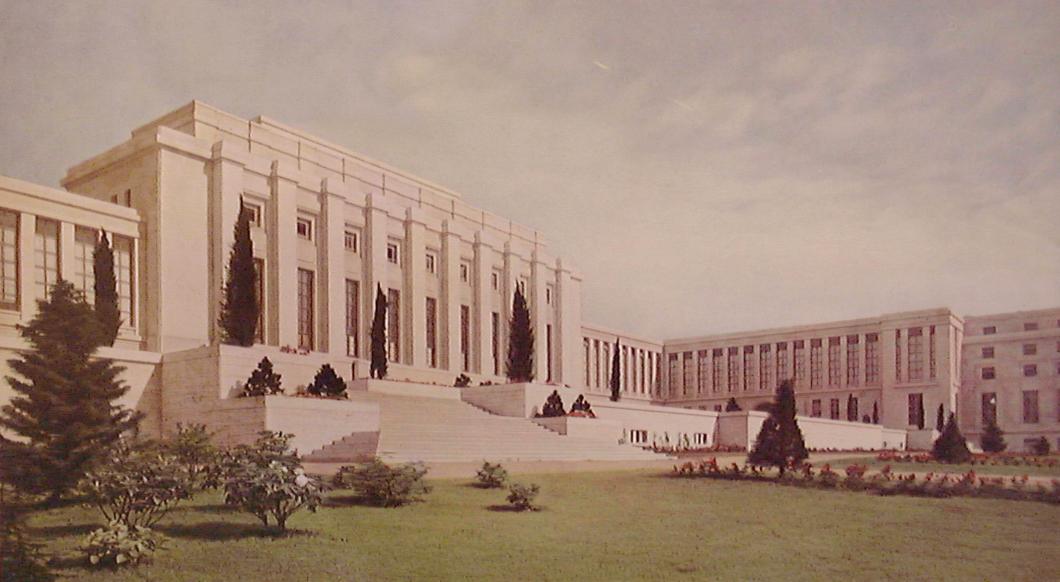|
|
|

|
The Treaty of Versailles:
Conditions (placed on Germany)
3. Reparations
4. Article #231
5. Saar Basin
6. Germany is forbidden to join with Austria
7. Germany loses all colonies in Africa and Asia -Treaty of St. Germain signed with defeated Austria. -Treaty of Neuilly signed with defeated Bulgaria. -Creation of the League of Nations.
The League of Nations
The League of Nations consisted of: The Covenant of the League: all nations swear a solemn promise to stand by the principles of the League for law and order The Council: group of national representatives that could impose sanctions against any nation threatening to break the Covenant of the League.
3 Forms of Sanctions:
-Moral Sanctions: the League would use world opinion to persuade the offending power to accept a settlement The Assembly: all nations send a delegate to the Geneva Assembly to discuss world problems The Permanent Court of International Justice: would pass judgments on all international disputes 
-The greatest drawback of the League’s power was that several powerful nations either refused to, or were not allowed to join the League.
-The United States government (at the time, a Republican government) decided to practice isolationism and refused to sign the Covenant of the League. -Creation of the Weimar Republic in Germany, which was the first attempt at a representative democracy in Germany. Its formation led to social upheaval due to popular discontent with the Reichstag’s manner of dealing with the Treaty of Versailles. -Mussolini’s ‘fasci di cobattimento’ (combat units) attack strikers and communists in Italy - April, 1919.
-Britain faces economic competition from the USA and Japan -Germany is unwelcome on world markets which makes it difficult for the nation to make a profit with which it can pay its reparations (33 billion US dollars)
-Pulitzer Prize for Fiction won by Booth Tarkington for The Magnificent Ambersons -Nobel Prize for Literaturewon by Carl Spitteler (Switzerland)
-Dial telephones are introduced by the American Telephone and Telegraph Company. -Nobel Prize for physics won by Johannes Stark (Germany), for the discovery of the Doppler effect in Canal rays and decomposition of spectrum lines by electric fields -Nobel Prize for physiology & medicine won by Jules Bordet (Belgium), for discoveries in connection with immunity
|
||||

